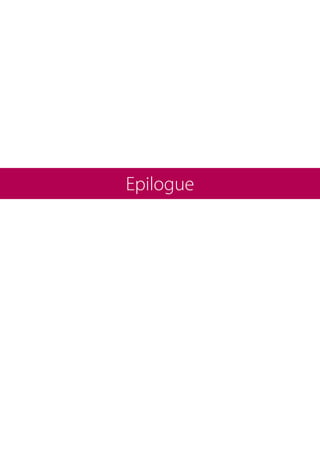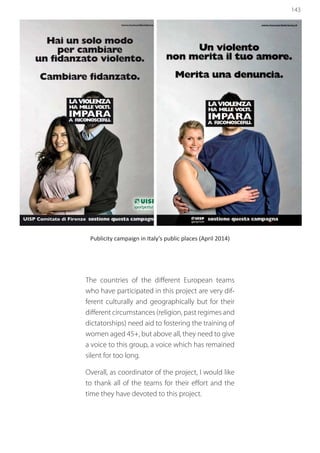This handbook summarizes the results of a two-year EU-funded project called "Lady Cafe" that aimed to motivate and support women aged 45+ in various European countries. The project involved organizations from Spain, Bulgaria, Ireland, Slovenia, Latvia, Turkey, and Romania conducting educational programs and activities. This handbook shares the experiences and good practices identified in tackling gender issues across different cultural contexts. It is intended to disseminate the projects results and lessons learned to organizations working in adult education and gender studies.
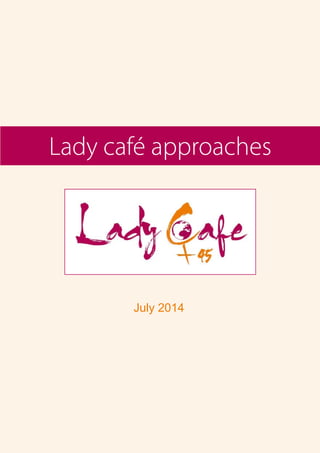





























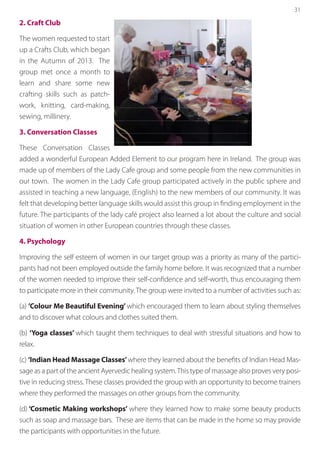

















































































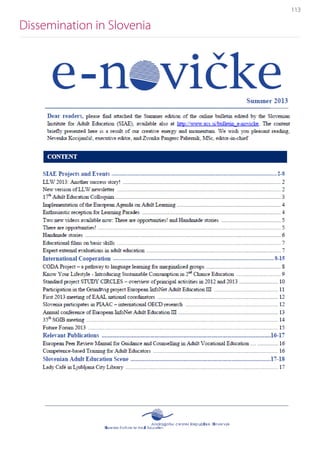


.PDF](https://image.slidesharecdn.com/handbookladycafe-140903033345-phpapp01/85/Lady-Cafe-handbook-116-320.jpg)























